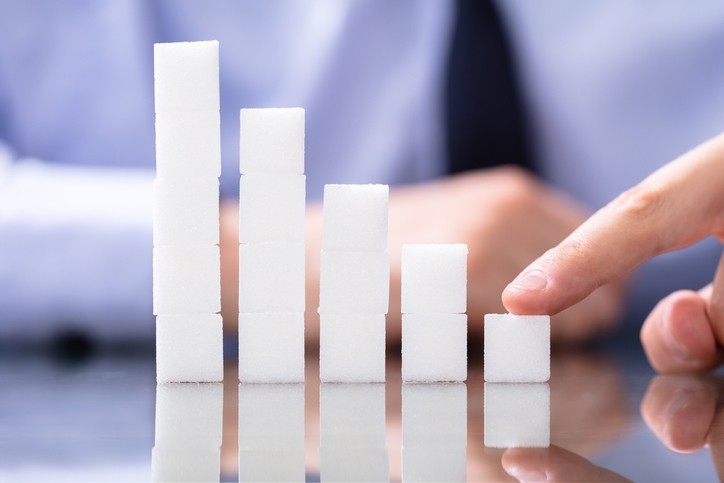Sugar tax impact is ‘sustainable and effective’, say US researchers

Researchers looked at data from Seattle, which implemented a soda tax in 2018, and compared the data to Portland, Oregon – a city of similar size and demographics but without a sugar tax.
The first study asked whether the tax had indeed been passed onto consumers; and if the volume of taxed beverages had fallen as a result. The second looked at whether these reductions had been offset by purchases in other categories, such as sweets or untaxed beverages.
Taxed beverage volumes fall
The researchers obtained Nielsen retail scanner data on unit sales and unit measurements, like fluid ounces or grams, of sugary beverages, sweets, and stand-alone sugar products in both cities.
Seattle introduced a sweetened beverage tax in January 2018: covering regular soda, fruit drinks, energy and sports drinks, sweetened water, sweetened coffee and tea, and syrups and concentrates.
Diet drinks, 100% juice and milk are not taxed; while products which come from a certified small manufacturer are also exempt.
The tax is levied on distributors, who pay 1.75 cents per ounce.
Data included all sales from the available sample of food stores inclusive of supermarkets and mass merchandise stores, as well as grocery, drug, convenience and dollar stores — covering about 45% of all food store sales.
In the first study, researchers looked specifically at the economic impacts of the tax after two years.
Their analysis found that prices of taxed beverages increased by 1.04 cents per ounce, corresponding to a 59% tax pass-through rate; and the volume sold of taxed beverages fell by 22%. The researchers did not find any evidence of cross-border shopping.
A second study focused on the impact of the tax on estimates of sugar sold after two years: firstly looking at sugar from beverages but also considering whether these reductions were offset by increases in sugar sold from consumers substituting sugary beverages with untaxed beverages or foods.
The researchers found the tax created a 23% reduction in grams of sugar sold from taxed beverages after one and two years of the tax.
The analysis did show some offset from substitutions, but these were small in comparison: a 4% increase in sugar sold from sweets in both years and an initial increase in grams of sugar sold from untaxed beverages in the first year only.
Thus, after accounting for potential substitution to other products, the key findings showed net reductions in grams of sugar sold from taxed sugar-sweetened beverages of 18% in year 1 post tax and 19% in year 2 post tax.
“Our studies show that even after accounting for potential substitution behaviors, like cross-border shopping or selection of other items with added sugars, these taxes have a large, sustained impact on reducing volume and grams of sugar sold from sugary beverages,” said lead researcher Lisa Powell. “This suggests that taxes may permanently reduce the demand for sugary beverages and help to lower rates of health harms that are associated with added sugars.”











